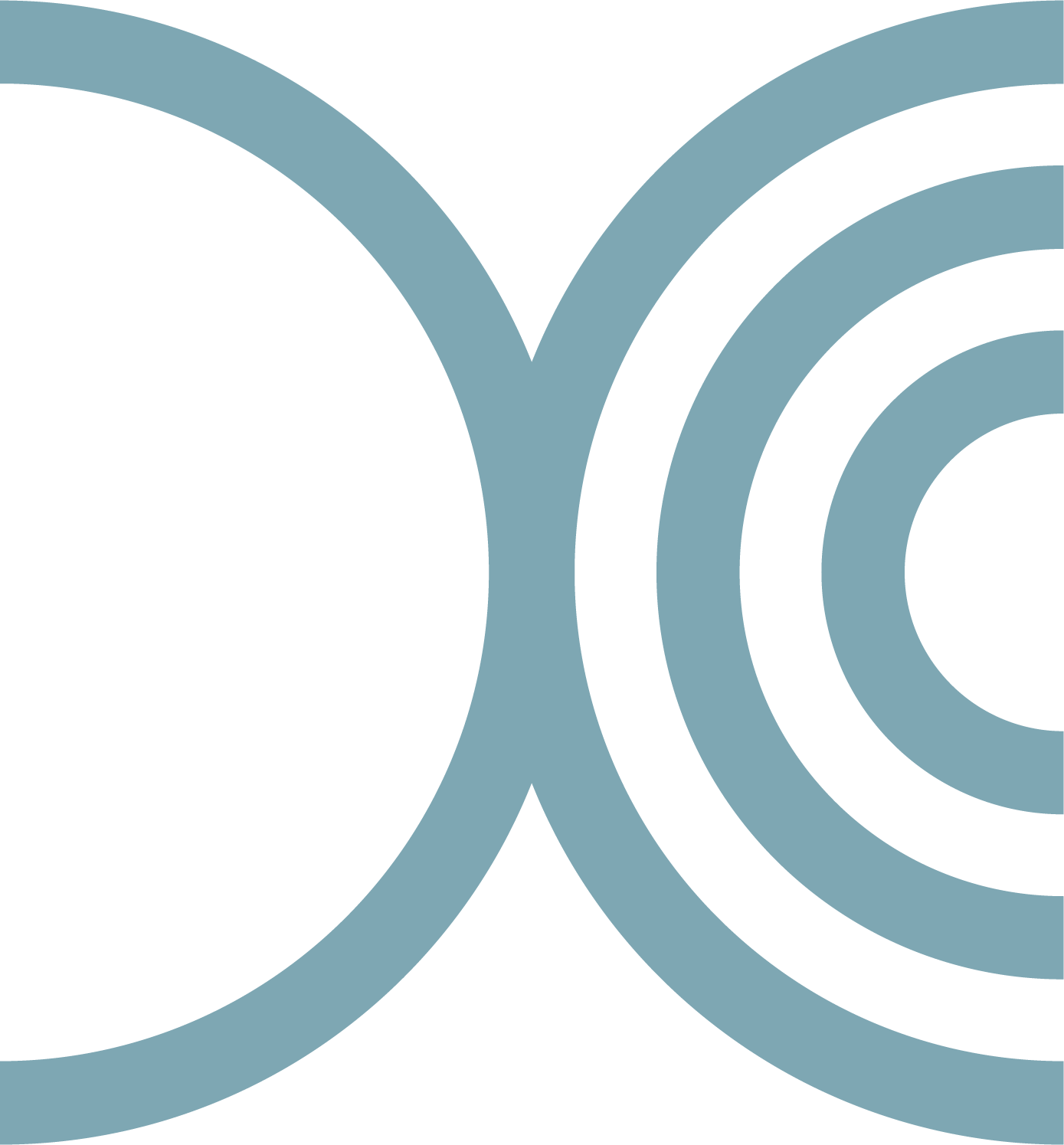
11-10-2019
Since the establishment of DCCC in 2017, 58 projects and networks have received support for activities in the cancer area. What charactarises the activities is the importance of the national and multidisciplinary perspective. This is being emphasized in a new guide for potential applicants of the DCCC fund.
Diverse activities from network groups to seminars, workshops and preparation of protocols have met the application requirements and received support from DCCC for national activities involving several specialities and disciplines or activities that build bridges between basic and clinical research.
Among other initiatives in 2018, DCCC supported a project in which a new, online monitoring system is being implemented in three Danish cancer departments. In vivo dosimetry measures the amount of dose given during radiation treatment and it is thereby the most direct way to verify that the treatment is conducted precisely. The methods in use today are limited with regards to clinical relevance due to a high degree of unreliability. The aim of the project is to implement and test a new system in the three biggest brachytherapy clinics in Denmark: Aarhus University Hospital, Odense University Hospital and Rigshospitalet.
"The funding from DCCC has given us the opportunity to involve two extra Danish clinics in our clinical study, that will help the work for quality assurance in brachytherapy for all Danish cancer patients" says Jacob Graversen Johansen, PhD and postdoc at the Department of Oncology, Aarhus University Hospital.
How to apply for the DCCC fund
In order to make the application process easier, DCCC has developed a new guide for potential applicants. The guide elaborates the areas/fields open for funding. A requirement for the application to be considered is that the application must include national collaborationg and represent partnerships across specialties or disciplines. The requirement ensures that the initiative matches DCCC's ambition of a strengthened national collaboration, a shortened path from research to clinical practice and improved and more consistent cancer treatment.
The next deadline for applications of national and multidisciplinary activities within the cancer area is November 7, 2019.
Read more about applications here (in Danish only)
Two new projects supported in September 2019:
Establishment of the Danish Thymoma Interest Group
Danish Thymoma Interest Group (DATMIG) is establishing with the aim of arranging national network meetings and conferences and to prepare, publish and maintain Danish treatment instructions for thymoma tumours. In addition the Danish Thymoma Interest Group wishes to:
- establish a website in order to share information on general and specific disease related matters
- organise meetings and maintain contact with international capacities in order to strengthen Danish research and international relations
- organise workshops to create a national multidisciplinary database
The network will include several specialities across Denmark for optimising the treatment of secondary complications related to thymomas. Specialists from Odense University Hospital, Rigshospitalet and Aarhus University Hospital are participating in the network which is expected to expand hereof. Further is an interest group with representation from neurology, haematology, oncology, rheumatology, thorax surgery, immunology and infection medicine being established.
Developing and testing a new tool for measuring self-efficacy in intestinal stoma care - A Danish multicentre study
Preparation of a national study aiming to develop and validate a tool to measure patients’ ability and skills necessary to independently perform a full change of a stoma appliance after bowel cancer surgery. The tool is expected to support an individual and targeted intervention before and after surgery and during the rehabilitation to support self-efficacy and health related quality of life. Moreover, future scientific studies will investigate the need for and effect of pedagogical interventions to facilitate a higher level of stoma self-efficacy.
Thus the project is preparing a multicentre study expecting to include patients from at least five clinical departments from around the country. Initially the participating parts are Herlev and Gentofte Hospital, Aalborg University Hospital and Aarhus University Hospital. After the preparation of the protocol more relevant departments and collaborators will be included in the project.
